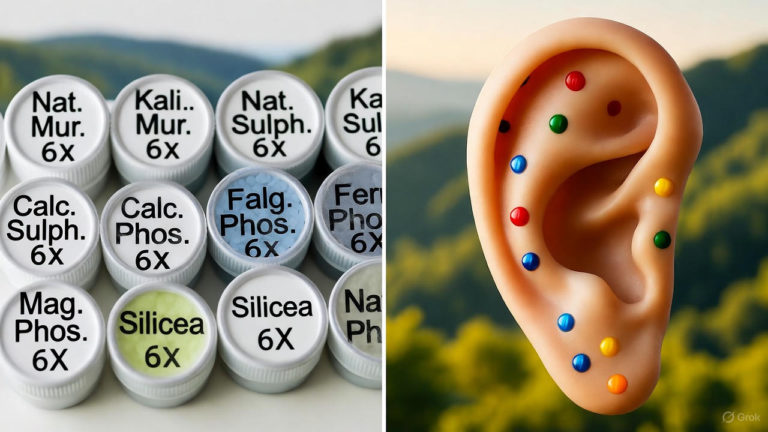Book Treatment Now

Healthy Blood is Essential to Life
Blood is a specialized fluid made up of plasma and cells that is vital for life. It circulates throughout the body, delivering oxygen and nutrients to tissues and organs while removing waste products.
Blood flows through the lungs and small intestines, picking up oxygen and micro-nutrients. It then returns, carrying carbon dioxide and waste products to be eliminated through the lungs and kidneys.
In addition to oxygen transport, blood regulates body temperature, balances pH levels, and distributes hormones. It also protects the body by destroying harmful bacteria and other micro organisms.
Signs of Unhealthy Blood
When blood vessels become diseased due to plaque build up from poor diet or genetics, they narrow. This increases the risk of blood clots and clogged vessels. Factors like smoking and inactivity further contribute to cardiovascular disease.
Tips for Maintaining Blood-Health
Healthy blood plays a crucial role in preventing heart disease. By making simple lifestyle changes, you can improve your cardiovascular health.
1. Quit Smoking
Smoking increases your risk of coronary heart disease, heart attack, and stroke. Consider auricular acupuncture with AcuQuit to help quit smoking and protect your heart.
2. Manage Cholesterol
Regularly check your cholesterol levels. Aim for a total cholesterol level below 5mmol/L. Damaged blood vessels from bad cholesterol lose their ability to prevent platelets from forming clots unnecessarily.
To boost good cholesterol, focus on:
- Drinking plenty of water.
- Eating foods like avocado, raw nuts, seeds, and whole grains (such as brown rice).
- Including soluble fibre in your diet, like oats, which help lower total and bad cholesterol.
3. Control Blood Pressure
High blood pressure is a leading risk factor for heart disease. Lower your blood pressure by:
- Reducing salt intake.
- Eating foods rich in calcium, magnesium, and potassium, such as whole grains, fruits, vegetables, and dairy products.
4. Stay Active
Exercise promotes healthy blood flow, burns fat, lowers blood pressure, and releases stress-relieving endorphins. Just 30 minutes of moderate activity, like brisk walking, can reduce your heart disease risk by 46%. (Circulation)
5. Manage Stress
Chronic stress floods your blood with adrenaline, which can strain your cardiovascular system. Taking time to relax helps protect your heart.
AcuDetox
Blood is essential for supporting the heart, the body’s most vital organ. Many cardiovascular health issues start with blood imbalances, but they can also be solved by addressing them early.
AcuDetox can help detoxify your body, balancing your organs and supporting healthy blood circulation. This natural therapy may assist in eliminating toxins that contribute to disease formation.




This is such an important topic, and I appreciate your emphasis on the relationship between blood health and overall wellness. It’s fascinating how our daily choices, from diet to activity levels, can directly impact the quality of our blood and, subsequently, our heart health.
Your exploration of blood’s vital functions and the impact of lifestyle on its health really resonates with me. It’s fascinating to think about how interconnected our bodies are; every decision we make regarding our diet or activity levels can have profound effects on something as fundamental as our blood.
I found your insights on the importance of blood health to be particularly enlightening. It’s fascinating how this fluid, often overlooked, plays such a vital role in our overall well-being. The way you described blood’s functions beyond just transport—like its role in regulating body temperature and hormone distribution—reminds me how interconnected our bodily systems truly are.
This topic about blood health resonates deeply with me, especially considering how fundamentally important blood is not only for individual health but also in the broader context of public health initiatives. I remember learning about the intricate role that blood plays in every function of our body during a biology class, and it’s fascinating to think about how much we often take it for granted.
You’ve touched on an essential yet often overlooked aspect of health—our blood’s role extends far beyond just being a medium for transporting oxygen and nutrients. It’s a fascinating topic because healthy blood is the foundation for virtually every physiological process in our bodies.
I really appreciate how you’ve broken down the importance of blood health and its various functions in the body. It’s interesting to think about just how vital this fluid is—everyone talks about the heart and lungs, but blood is often the unsung hero.
Ah, the unsung hero of our bodies—blood! It’s like the ultimate delivery service, working around the clock and never asking for tips. I can’t help but chuckle when I think about how my blood must feel after a weekend splurge on pizza and soda; it’s probably filing a complaint about its “unhealthy work conditions.”
Your exploration of blood’s vital functions really highlights its role beyond just transporting oxygen and nutrients. I recently read about how certain diseases like anemia can significantly impact blood health, leading to fatigue and weakness that many people might overlook.